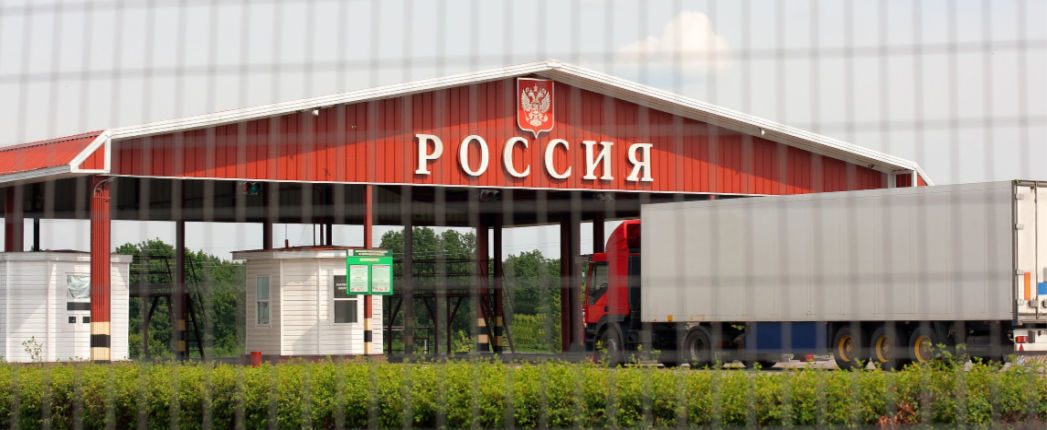
Several foreign lubricant brands – including BP’s Castrol – are disappearing from the Russian market, but others are continuing to be sold there.
Castrol joins products of Shell and ExxonMobil, two other international energy giants that announced plans to exit the country soon after Russia invaded Ukraine at the end of February. Other European marketers, including Motul and TotalEnergies, continue to supply finished lubes into Russia. Some, like Fuchs Petrolub, said they stopped supplying the Russian market since March but that some products might still be available for sale in Russia from the limited local production or old inventory supplies.
Meanwhile the Russian government is trying to mitigate the effects of sanctions and international boycotts by introducing some exotic import measures that allow third parties to import brands of companies that have exited the market.
Shell, which has completely pulled out of Russia, sold its state-of-the-art 180,000-ton-per-year lubricants plant in Torzhok to Lukoil in May. Meanwhile, several lubricant distributors in Russia said that they have received no shipments of Castrol products since Feb. 24, when the invasion of Ukraine started, Gazeta.ru reported recently.
ExxonMobil is planning a complete withdrawal from Russia, and its oils, like Shell’s and BP’s, are no longer available in the country. ExxonMobil’s last working day in Russia will be June 30, when it quits its lubricant business there, an industry insider said.
“I cannot find Mobil products in Moscow unless some remaining stocks are sold at ridiculously high prices,” a Russian motorist who asked not to be identified told Lube Report.
He said he bought four 4-liter bottles of Shell Spiral S5 CVT transmission fluid on the last day that the Shell online store in Russia took orders.
To stave off economic isolation by the West, the Russian government recently introduced a detailed list of goods from foreign OEMs, technology companies and consumer brands, including lubricants, that are part of a “parallel imports” scheme. When products on the list are imported to Russia, trademark and copyright provisions will no longer apply, and customs officials will not ask for such documentation.
ExxonMobil is on the list, Shell and BP are not, according to a detailed index issued by Russia’s Ministry of Industry and Trade and obtained by Lube Report.
“This means anybody in Russia is allowed to buy Mobil lubricants anywhere and ship them to Russia without asking ExxonMobil permission for that,” Artem Mazaev, independent lubricant consultant, told Lube Report on Monday.
“Russian customs will no longer ask importers for any documentation confirming that the rights of the brand owners are not in breach,” he said.
On the “parallel import” list are the Swiss lubricant maker Blaser, U.S. lube makers Bechem, ExxonMobil and Texaco, and the Italian Eni. Also listed are Kluber, Leybold, Motorex, Quaker, Struers, Wurth, Bonderite and Caterpillar.
“This is a new measure, and it has yet to be seen if it can prompt any reaction by the brand holders when it is realized in practice,” Mazaev said, agreeing that it is not about the availability of the products but the intention of the foreign companies to boycott the Russian market and the vigor with which they will defend their decision.
“This may be able to slightly soften the blow” to the economy, he said, “but definitely cannot neutralize it.”